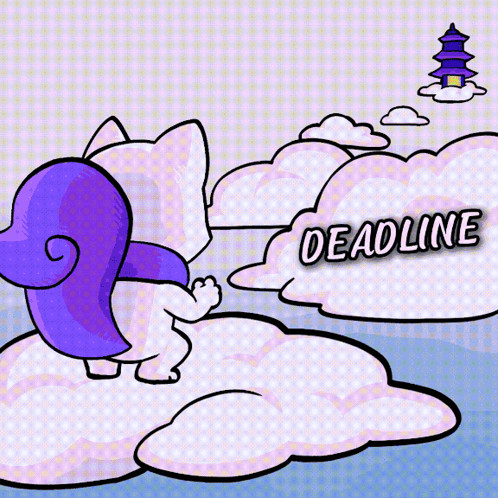How to Handle Deadlines That Feel Impossible

Oh, goodie. Another project.
Once again, you've been handed a deadline that makes your stomach sink. Looking at your calendar, you already know there aren't enough hours in the day to complete everything that's expected.
Those last three deadlines? They were barely met with the added overtime, and now this one feels even more impossible. The stress is real.
You find yourself wondering how anyone could possibly deliver quality work under these time constraints.
Do you feel like you have unachievable deadlines?
This constant pressure of unrealistic deadlines isn't just stressful – it's a recognised workplace issue known as role overload. When deadlines consistently feel impossible to meet, it's a sign that workplace expectations may have become excessive.
Understanding Role Overload
Role overload happens when the demands and deadlines placed on you exceed what can reasonably be accomplished in the time available. This creates a constant state of pressure that can affect both your work quality and wellbeing.
When deadlines are realistic, you can plan your work effectively and deliver quality results without sacrificing your health or work-life balance.
However, when role overload leads to impossible deadlines, it can have serious implications for both you and your work outcomes.

Why It Matters
Here's why unachievable deadlines need attention:
- They create unnecessary stress and anxiety that can lead to burnout and health issues
- They often result in rushed work and mistakes, despite your best efforts to maintain quality
- They damage team morale and can lead to talented people leaving the organisation
But you don't have to silently struggle with impossible deadlines. There are practical ways to address this challenge professionally.

1. Assess Reality
Break down projects into specific tasks and estimate realistic timeframes, documenting why current deadlines aren't achievable.
2. Propose Solutions
Develop alternative timelines or suggest ways to adjust project scope while still meeting key objectives.
3. Communicate Early
Raise concerns about deadlines as soon as you spot issues, offering concrete solutions rather than just highlighting problems.

Managing Expectations
Handling challenging deadlines isn't about working faster – it's about ensuring expectations align with reality. While tight deadlines are sometimes unavoidable, consistently impossible ones shouldn't be your normal working condition.
To prevent this from becoming a regular occurrence, you can track how you feel about your deadlines each day by using MOOD.ai. It allows you to identify when pressure points are building and address them, before they become overwhelming.
Your ability to deliver work matters. Quality work.
And when you find ways to establish realistic deadlines, everyone wins.

